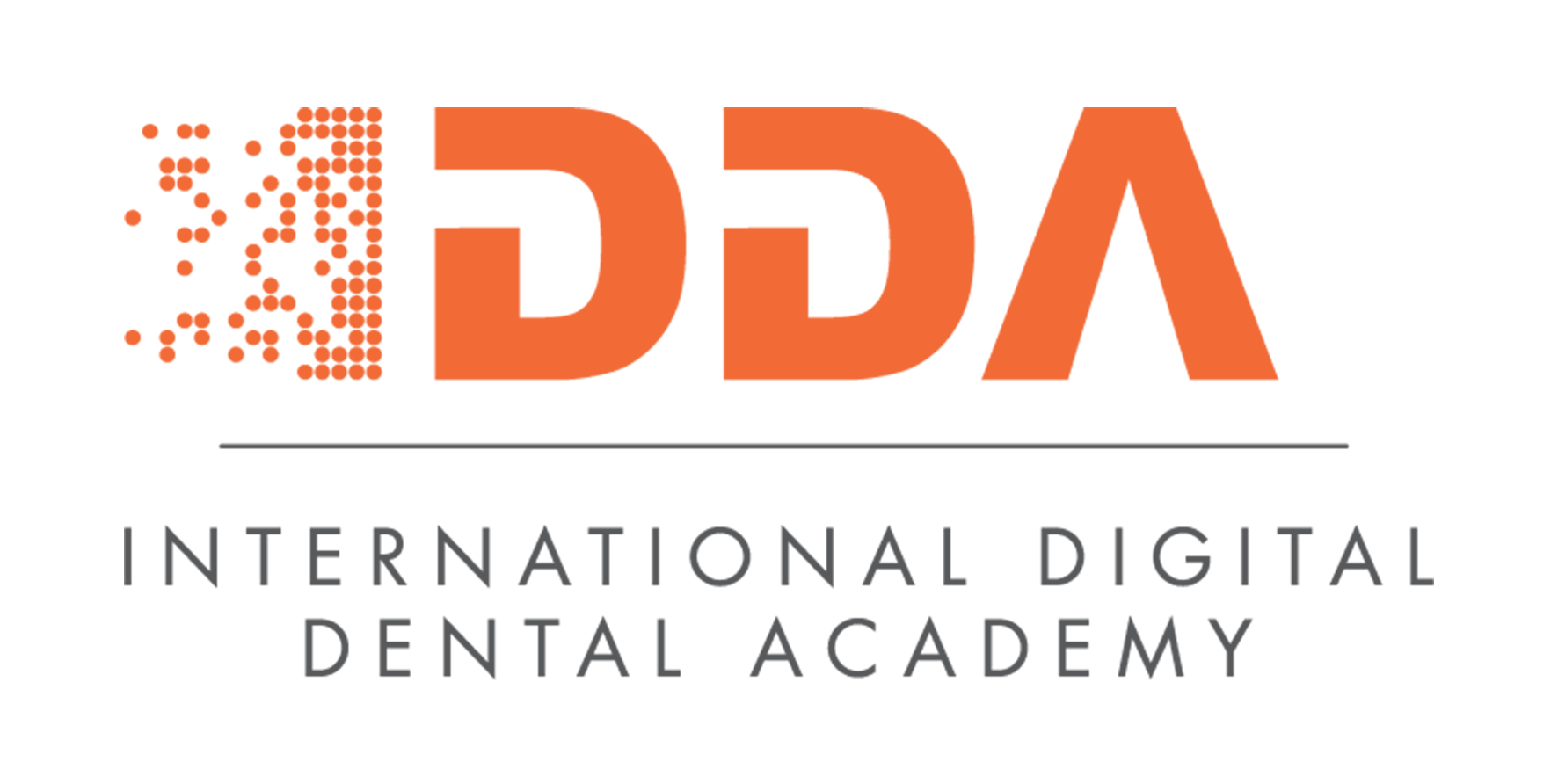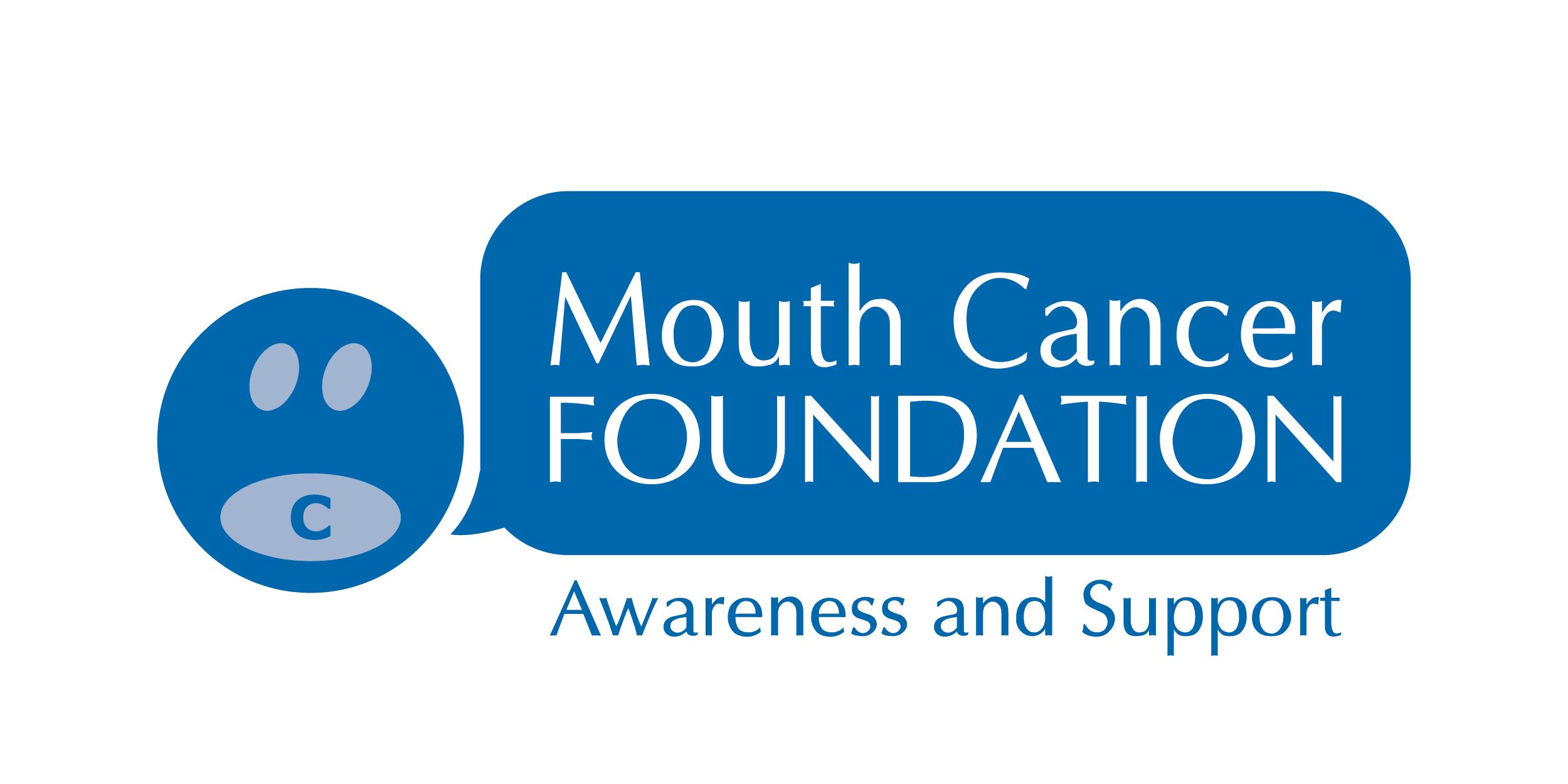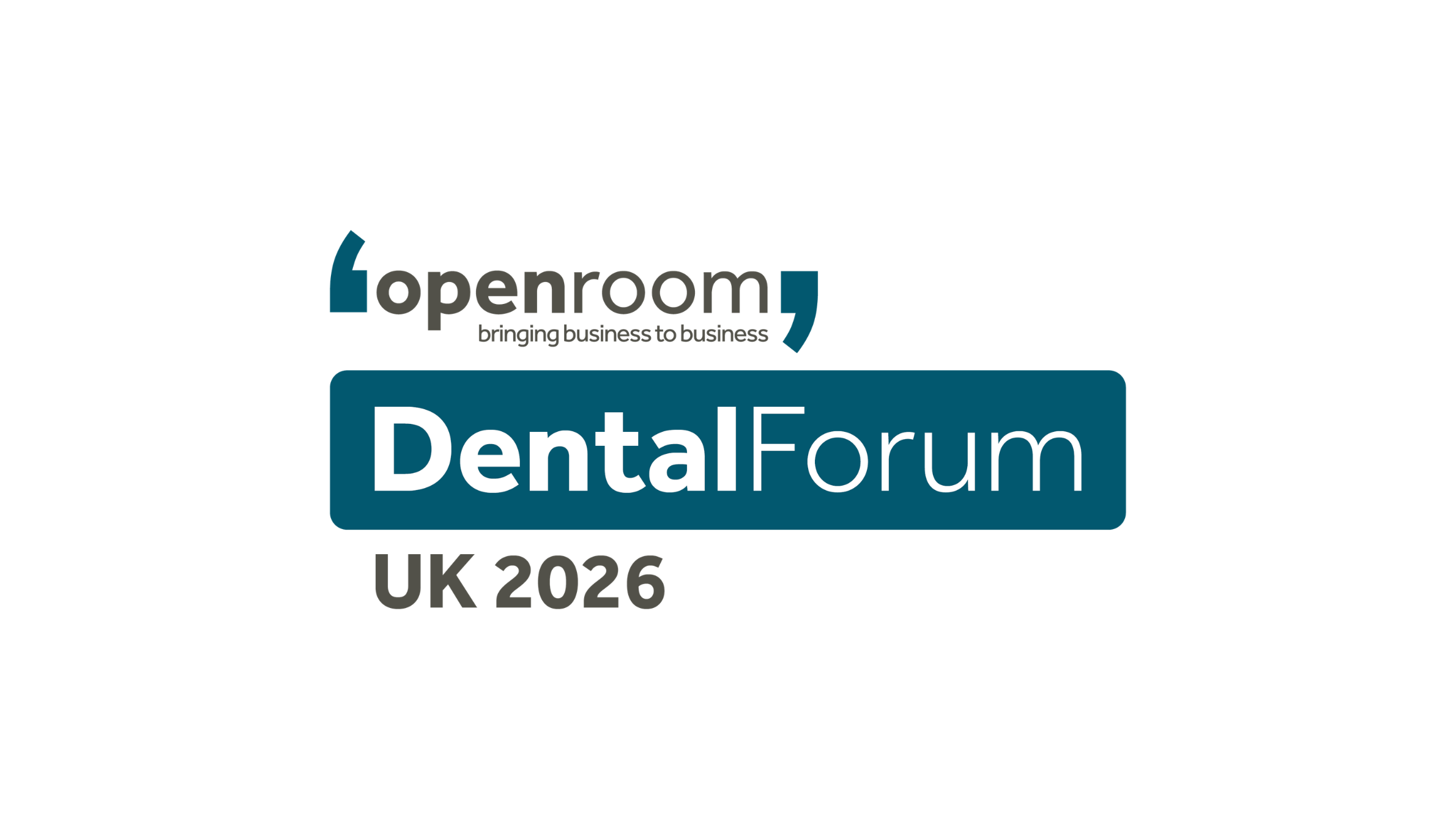Managing the complex needs of high-risk patients with Dr Ben Atkins
)
As Clinical Director of Prevolution Health and a practising dentist, Dr Ben Atkins brings extensive experience to his role, including previously serving as President of the Oral Health Foundation and leading work to reduce health inequality.
As the Dentistry Show London draws near, Dr Ben Atkins is preparing to share his insights on one of the most pressing challenges in UK dentistry today: managing the complex needs of high-risk patients.
With decades of experience in clinical practice and public health, Dr Atkins understands that despite advances in oral care, many patients continue to struggle with persistent oral disease. His talk will focus on how dental professionals can rethink prevention and treatment strategies to improve outcomes for these vulnerable groups.
Understanding the complex needs of high-risk patients
Patients with rapid caries progression, chronic gum disease or systemic conditions such as diabetes often fall outside the reach of standard oral hygiene advice. Dr Atkins notes that oral health inequalities remain significant in the UK, particularly among older adults, those in care settings and people with chronic illnesses.
‘Our current preventive models aren’t enough for patients facing multiple challenges,’ he explains. ‘Many struggle to maintain oral health despite repeated advice and interventions. To address this, we need to approach these patients with empathy, flexibility and personalised care plans.’
He will emphasise that truly patient-centred care begins with understanding each patient’s unique circumstances, barriers and motivations, allowing clinicians to tailor their approach effectively.
Moving beyond one size fits all
Dr Atkins advocates for co-designing preventive and treatment plans with patients to encourage ownership and adherence.
‘When patients feel listened to and involved in their care decisions, motivation increases and improved outcomes follow,’ he says. ‘This means setting realistic goals, recognising limitations and adapting advice accordingly.’
This approach fosters a compassionate clinical environment, particularly important for patients with dental anxiety or negative past experiences.
Integrating innovative tools to support complex care
While behaviour change remains at the heart of prevention, Dr Atkins acknowledges the role that emerging professional treatments can play, especially for patients who continue to experience disease progression despite best efforts.
‘A challenge is finding efficient, evidence-based interventions that fit into busy UK practices,’ he explains. ‘Innovations such as Prevora – a 10% chlorhexidine tooth coating – provide prolonged protection and are clinically proven to reduce the bacterial burden that drives caries and periodontal disease. This can complement daily oral hygiene, particularly for high-risk groups.’
‘This adjunctive management option can be applied quickly and painlessly by dental professionals including dental nurses (when under the direction of a GDC registrant), making them practical and highly efficient options for enhancing prevention in hard-to-treat patients.’
Empowering the entire dental team
Dr Atkins highlights the importance of a multidisciplinary team approach. Delegating preventive procedures to dental hygienists, dental therapists and dental nurses – under the appropriate supervision – can increase access and efficiency.
‘The wider dental team plays a crucial role in delivering personalised, effective prevention,’ he notes. ‘By expanding responsibilities within the regulatory framework, we can better support patients and improve oral health outcomes.’
This aligns with NHS models emphasising minimum intervention and collaborative care, ensuring prevention is sustainable and accessible.
Looking to the future of preventive dentistry in the UK
Dr Atkins is optimistic about the potential to reshape preventive dentistry through patient-centred care, team empowerment and evidence-based innovation.
‘Prevention must be central to dentistry if we want to reduce inequalities and improve long-term outcomes,’ he reflects. ‘By combining personalised care with tools that offer sustained protection, such as proven professional antibacterial coatings, we can better support those who need it most.’
He encourages dental professionals attending Dentistry Show London to explore how these strategies can be integrated into routine practice.
‘Managing complex patients is challenging but rewarding,’ Dr Atkins concludes. ‘I look forward to sharing insights and fostering discussions on how we can help these patients achieve healthier, happier lives.’
Don’t miss Dr Ben Atkins’ panel discussion at Dentistry Show London, Excel, on ‘Managing the complex needs of high-risk patients’ featuring Professor Iain Chapple and Professor Tim Newton on the 3rd October at 10.15am at the Clinical Excellence Theatre.

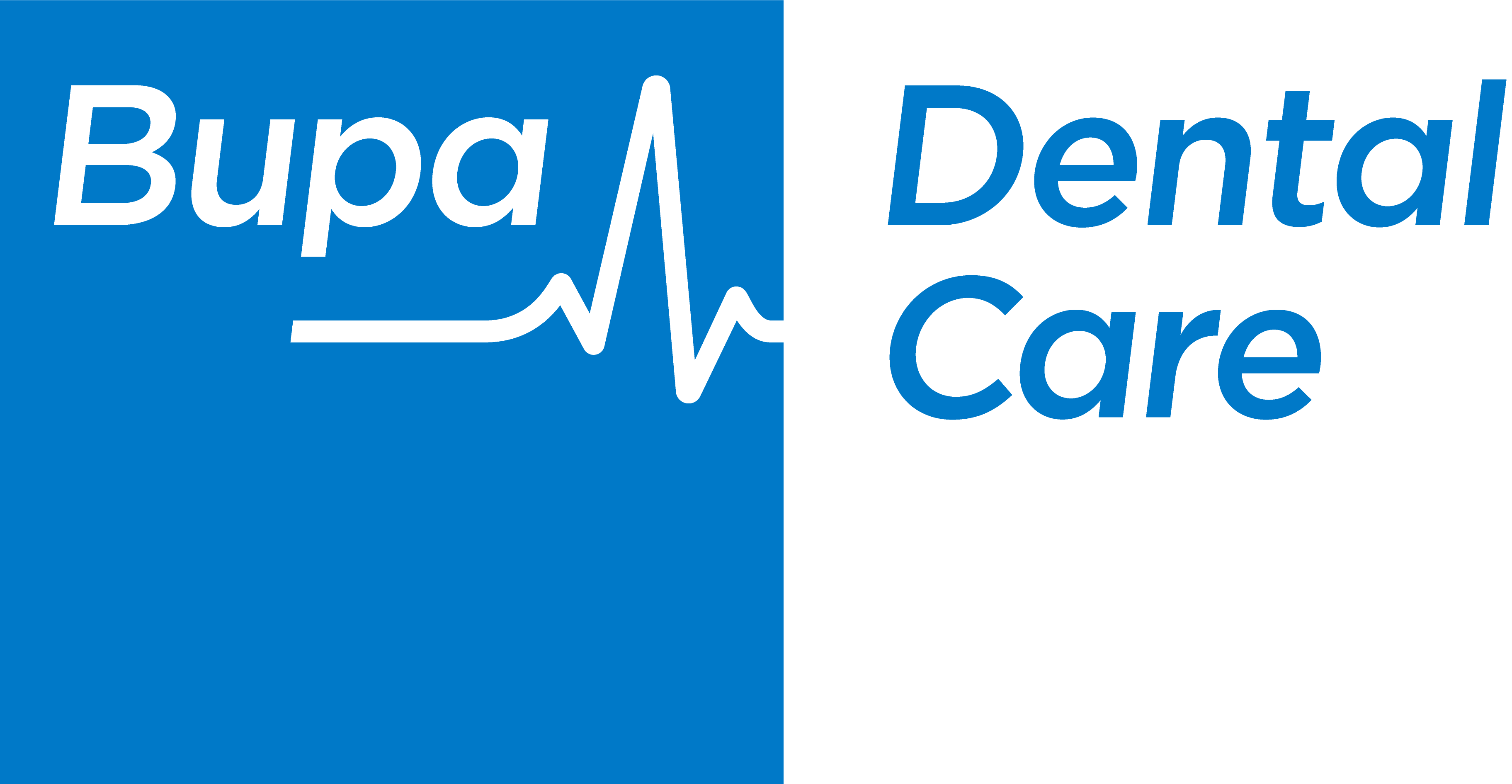


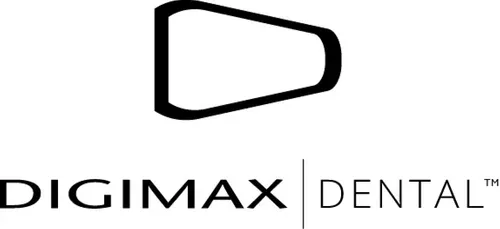

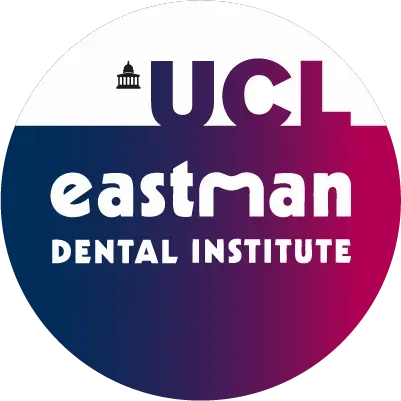











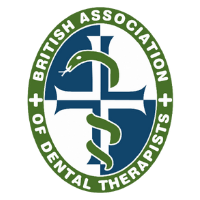

.jpg)




